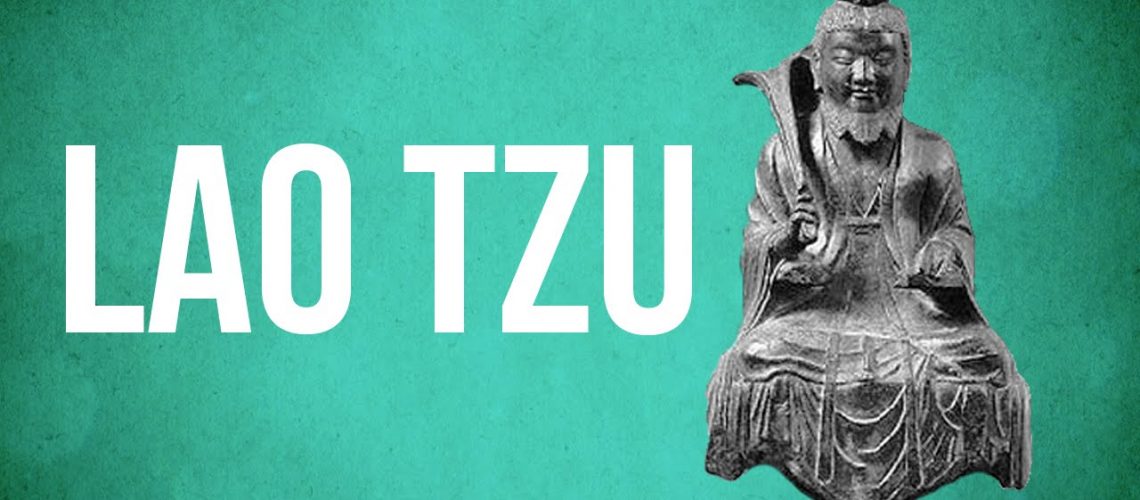Lao Tzu’s words serve as a reminder of the importance of stillness, openness, and discovering buried, yet central parts of ourselves.
Lao Tzu, the founder of Taoism
Key Takeaways
The Dao the path.
Te Tao Ching somewhat like the bible, it gives instructions on how to live the good life. The “way” of the world, which is also the path to virtue, happiness, and harmony.
Wu Wei flowing or effortless action. A sort of purposeful acceptance of the way of the Dao and living in harmony with it.
1. Make more time for stillness.
“To the mind that is still, the whole universe surrenders.”
We need to let go of our schedules, worries and complex thoughts for awhile and simply experience the world. We spend so much time rushing from one place to the next in life, but Lao Tzu reminds…
“Nature does not hurry, yet everything is accomplished.”
It is particularly important that we remember certain things– grieving, growing wiser, developing a new relationship– only happen on their own schedule, like the changing of leaves in the fall or the blossoming of bugs planted months ago.
When we are still and patient, we also need to be open.
“The usefulness of a pot comes from its emptiness. Empty yourself of everything, let your mind become still.”
If we are too busy, too preoccupied with anxiety or ambition, we will miss thousands of moments of human experience that are our natural inheritance. We need to be awake to the sounds of the birds in the morning, the way other people look when they’re laughing, the feeling of wind against our face. These experiences reconnect us to parts of ourselves.
We need to be in touch with our real, deep selves.
We spend a great deal of time worrying about who we ought to become, but we should instead take time to be who we already are at heart. Our ego is often in the way of our true self; which must be found by being receptive to the outside world rather than focusing on some critical, too ambitious internal image.
“When I let go of who I am, I become what I might be.”
Nature is particularly useful for finding ourselves. Lao Tzu liked to compare different parts of nature to different virtues.
“The best people are like water, which benefits all things and does not compete with them. It stays in lowly places that others reject. This is why it is so similar to the Dao.”
Each part of nature can remind us of a quality we admire and should cultivate ourselves– the strength of the mountains, the resilience of trees, the cheerfulness of flowers.
There are issues which must be addressed by action and there are times for ambition. Lao Tzu’s words serve as a reminder of the importance of stillness, openness, and discovering buried, yet central parts of ourselves.

